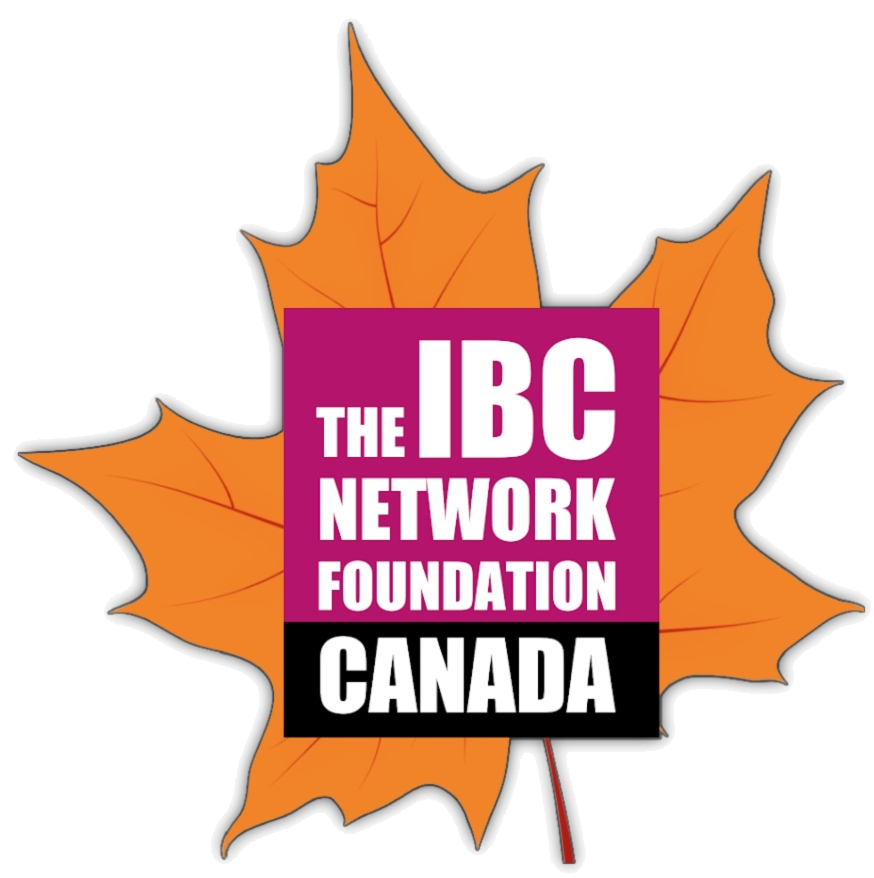LIVING WITH IBC
Navigating a diagnosis of Inflammatory Breast Cancer can be overwhelming, but you don’t have to go through it alone. The IBC Network Foundation Canada is dedicated to providing you with the knowledge and support you need to understand your condition, explore your treatment options, and manage everyday challenges while striving to maintain a good quality of life.
Newly Diagnosed
Receiving a diagnosis of Inflammatory Breast Cancer can be a shock, and it’s natural to have many questions and feelings of anxiety, fear, and isolation. We are here to offer guidance on what to expect in the early days, how to communicate effectively with your healthcare team, and steps you can take to feel more in control, supported, and hopeful. Understanding your diagnosis, preparing for appointments, and knowing what questions to ask can make a significant difference.
Understanding Your Diagnosis
Inflammatory Breast Cancer is a rare and aggressive form of breast cancer that progresses rapidly and demands prompt treatment. While many of the statistics you might come across online can be daunting and outdated, there is still much cause for hope. IBC is a serious disease, but it is not necessarily a death sentence. Every day, researchers are gaining a better understanding of Inflammatory Breast Cancer. Advances in diagnosis and treatment have significantly improved outcomes, with many patients living 20 years or more after their diagnosis. As our Southern friend, Terry Arnold, always says, “Hope Always!” We believe the information and community you find here will inspire you to embrace this motto too.
Waiting for a Treatment Plan
The period of waiting for a treatment plan can be one of the most challenging times. It’s normal to feel anxious and uncertain. Here are some tips to help you through this period:
- Stay Informed: Educate yourself about IBC. Knowing what to expect can help reduce fear and anxiety.
- Organize Your Questions: Dedicate a notebook to write down any questions or concerns you have for your healthcare team. This can help you feel more prepared for appointments.
- Seek Support: Talk to family and friends about your feelings. Consider joining our online support group where you can connect with others who understand what you’re going through.
What to Ask Your Medical Team
Being proactive in your care is important. Here are some questions that can help you understand your diagnosis and treatment options better:
- What stage is my cancer and what does that mean?
- What are my treatment options and what do you recommend?
- What would you recommend if I was your mother/wife/daughter?
- What are the potential side effects of the proposed treatments?
- How will treatment affect my daily life and activities?
- Are there any clinical trials available that I should consider?
- What support services are available to me and my family?
Confused about all the medical terms and abbreviations?
Check out our glossary of terms here.
You Are Not Alone
Finding community and reassurance can make all the difference when you are facing an IBC diagnosis. Our Facebook support group is a welcoming space for Canadians living with IBC at any stage of their journey to connect, share their stories, and uplift one another. We also hold monthly Zoom calls on the 3rd Tuesday of every month at 8:00 pm EST (7 pm CT, 9 pm AT, 5 pm PT, 6 pm MT). IBC Real Talk Tuesdays come together, share knowledge and experiences, and simply be there for one another. The journey may be challenging, but you don’t have to walk it alone. We’re here with you every step of the way. We’d love for you to join us! Join our Facebook Support Group here and find out more information about our monthly Zoom calls here.
IBC Stories
Explore the personal journey’s of Canadians living with IBC, and find strength and hope in their IBC stories. (Read here.)
Share Your Story
We’d love to hear about your IBC journey! If you’re interested in sharing, just email your story and a picture to info@ibcnetworkcanada.org. Your story might just be the inspiration someone else needs.
